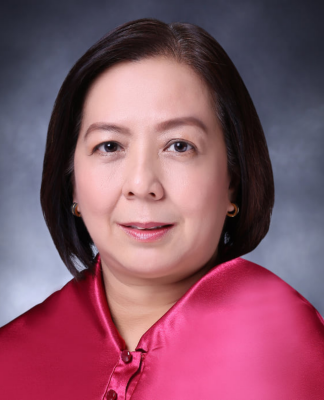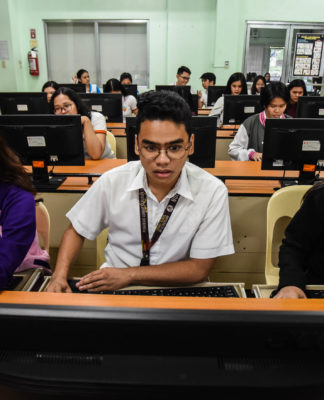PARTY-LIST groups of educators, farmers and fishermen, senior citizens, electricians and the disabled have pledged a common platform to fight for the fundamental right to life of marginalized sectors.
Seven out of the Commision on Elections’ final list of 91 party-list candidates have advocated a “pro-life” and “pro-family” platform to block legislation for population control, divorce, abortion, and euthanasia, said Marita Wasan, Pro-Life Philippines executive director.
“Thomasians should vote for a party-list group that truly represents the marginalized sector and supports strong faith in life and in family values,” she said. “If our legislators pass bills on artificial conception, abortion, euthanasia, and divorce, the country’s population and family dynamics will suffer just like in Singapore, Japan, and China.”
The seven party-list groups that have committed to support pro-life laws if elected to Congress are Buhay Hayaan Yumabong (Buhay), Alyansang Bayanihan ng Magsasaka, Manggagawang Bukid at Mangingisda-Adhikain at Kilusan ng Ordinaryong Tao (Aba-Ako), Association of Philippine Electric Cooperatives (Apec), Advocacy for Teacher Empowerment Through Action, Cooperation and Harmony Towards Educational Reforms, Inc. (A-Teacher), Advocates for Special Children and the Handicapped Movement (Asahan Mo), Aging Pilipino Organization, Inc. (Aging Pinoy), and Alyansa ng may Kapansanang Pinoy (Akapin).
Five other party-list aspirants had affirmed their commitment to pro-life advocacies with Pro-Life Philippines, but not all of them got the Comelec’s accreditation.
Buhay and Apec are seeking re-election while Aba-Ako is running again after failing in 2004 to reach the two per cent total share of votes needed to win a seat in Congress. A-Teacher has been consistent in its pro-life and pro-family advocacies for the past years even without a seat in congress.
Meanwhile, other party-list nominees have shown their support for pro-life and pro-family principles in the previous Congress, such as Alliance of Volunteer Educators (AVE) and An Waray, although not taking these principles into official party platform.
Under the 1987 Constitution, the electorate can vote for party-list organizations to give voice to significant minorities of society who are not adequately represented. In Congress each voter can only vote for a single party-list groups.
Organizations that garner at least two per cent of the total number of votes are given one seat in Congress, with up to a maximum of three representatives for every two per cent more of the total number of votes. Marc Laurenze C. Celis and Joseinne Jowin L. Ignacio

















